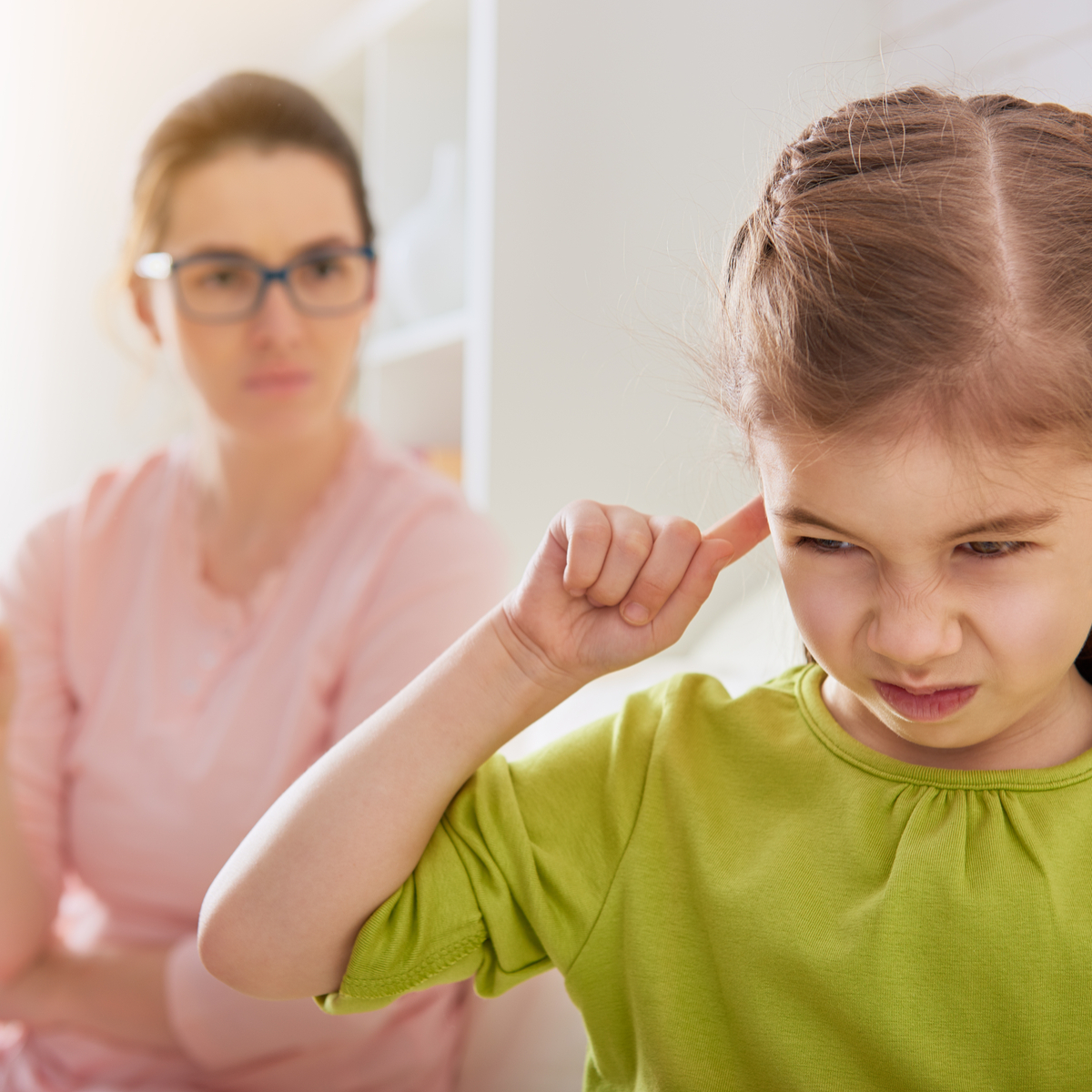Addressing Unwanted Behaviors

Has your child been more defiant than usual? More oppositional to doing chores? More disrespectful to authority? Throwing fits? Being angry or showing more anger, even raging? Well, I have no magic potion, but I have a few tricks up my sleeve, mostly courtesy of some awesome parents who have shared with me. So I would like to pass along a few strategies to perhaps aid in guiding your child to better behaviors.
Does your child come home from school (or daycare, the pool, or a friend’s house) in a “mood” that is very oppositional? Does he then begin yelling, screaming, and making life miserable for the rest of the family? Well, it is time to strike up the band! Yep, gather all the other family members together prior to his coming home and decide when he’s loud, it’s time for “band practice”. Then when he walks in and starts his yelling, grab pans to use as cymbals, pots to use as drums (along with a wooden spoon) and then line up behind mom (band leader) and all start pounding and yelling. And if he doesn’t immediately stop, head for the front door and take the show out the front door! After that, each time he begins his yelling, simply say, “Oh it’s time for band practice” and yell for the other siblings to gather. The behavior should stop, as the child will not want to participate in such acting-out.
Another effective strategy concerns fights between siblings. If they are going to do battle, let ‘em! Only you, as the parent, call the shots, as “general”. Let them have a paper war. Get a stack of newspapers, divide them between the two, draw or mask off a line on the floor that divides the two “armies”. Then issue the following directions: “In as quick as possible, crinkle each piece together and throw to the other side. You may not throw one crinkled back, only newly crinkled.” Then let the war begin (or continue to be exact). No one may cross the line, no one may touch the other, and no one may speak while doing it! If the stack you start with is big, this could take quite a few minutes and kids are usually laughing at the end of it.
Then get two trash bags and have a race to see who can clean up the fastest! After expending that much energy, most kids are willing to wash their hands, share ice cream, and begin the life of playing together again.
Along the same line is bubble wars. I like this one also because of the opportunity to “touch” so I often recommend it to moms and kids together. Both should stand inside a hoola hoop, with bubble wands and a jar of bubbles and then blow at each other, moving around inside the circle but not stepping outside. Makes for some nice touch. If it becomes physically rough, it is time to stop, as the child is initiating hurt to take control and that is not what the “war” should produce. If done correctly, the parent and child actually have some good bonding time while touching in a non-threatening way.
A little disrespect in your home? I have found that curbing this can be more difficult, although not impossible. While I am not a fan of the show “Rosanne” I watched a re-run that had a usable strategy. DJ was being dishonest and disrespectful to his mom, and she said nothing, just went upstairs and put on the most hideous outfit ever. When he saw her, he said something about it, to which she told him she would be wearing that to school to visit him the day after he spoke like that to her again. Most kids hate to be embarrassed by their parents (most claim they are just embarrassed by HAVING parents) so anytime children think parents will do something else to embarrass them, they change the behavior.
This is similar to when I was teaching. I had a student who was late to my class. Even assigning detention didn’t change that. When we had parent-teachers’ conferences, I mentioned it to his mom, who said she’d take care of it. He was never late again. I asked him about it, and he said his mom told him if he were late one more time, SHE would come to school and escort him to class the rest of the year. Stopped the behavior immediately!
Much misbehavior can be re-directed without anyone getting angry; the parent just needs to be creative, be prepared, and understand the motivation behind the child and then develop consequences that will encourage the behavioral change.
Tags: addressing unwanted behaviors, parentingABOUT THE AUTHOR

Deb England
Licensed Independent Mental Health Practitioner
Licensed Professional Counselor
Advanced Clinical HypnoTherapist- Deb England began working part-time for Wholeness Healing Center in September 2004 and began full-time in May 2005. Deb practices primarily in the Broken Bow office and one day a week in the Grand Island office. Previously she had completed her practicum and internship at Morning Star Alliance, working in the Broken Bow and Grand Island offices.
LATEST ARTICLES BY Deb England
Subscribe today
Sign up to receive the latest mental health tips and inspiration